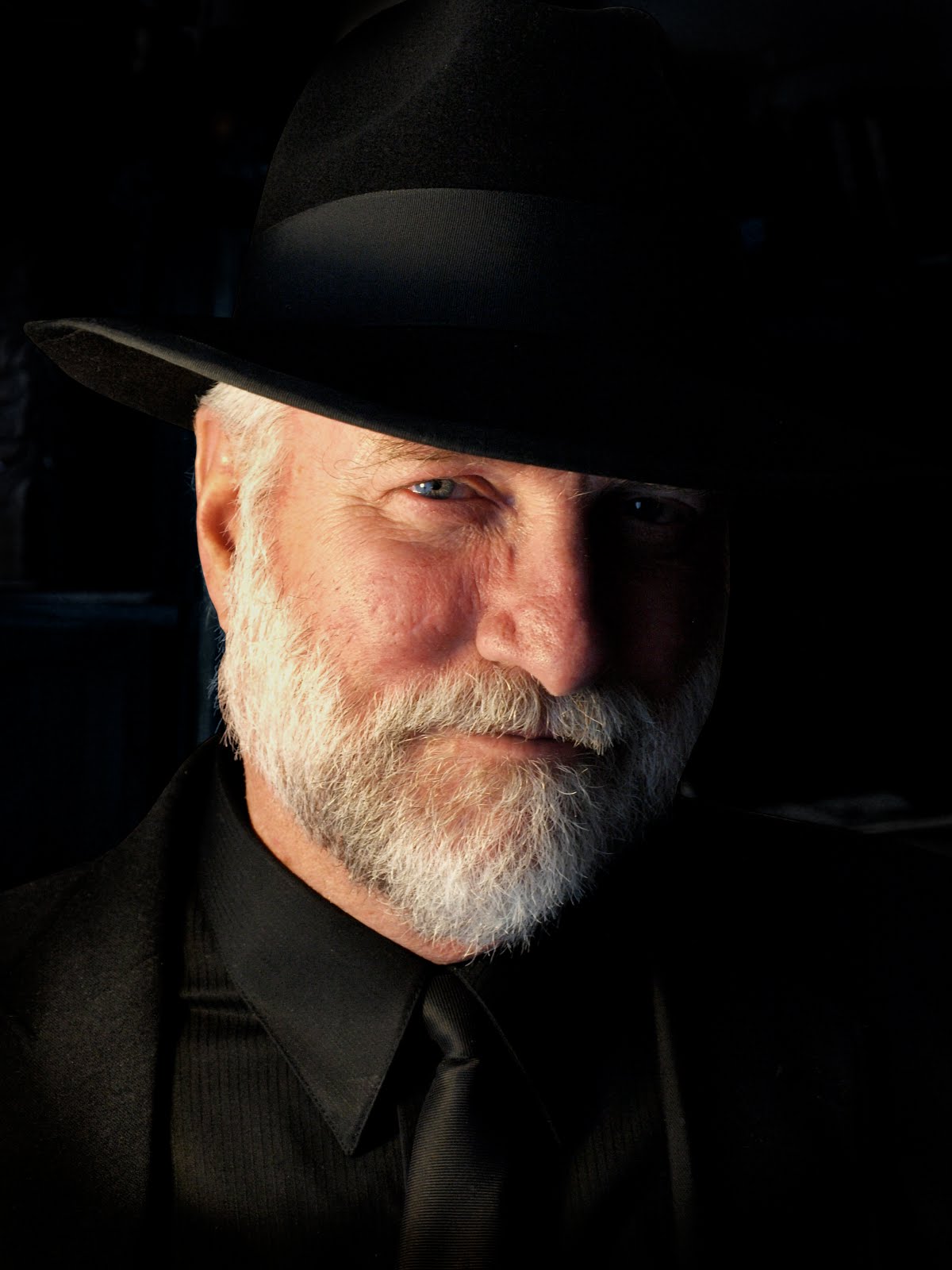Lately, Glenn Beck has been doing specials on his television show each Friday concerning America's "Founding Fathers" and the history about them that is not taught to our children any more. I was actually riding on that bandwagon quite awhile ago. I planned to do a book of short historical vignettes about Leadership and the true leaders, in my opinion, who showed it. It was a couple years ago that I started posting them on this site to let people check them out. One of the early ones was about George Whitefield. He seemed to me to be an historic figure of great import in America, but of little renown in today's history books, and deserving of a place in my little book and blogs. A couple weeks ago, to my great pleasure, Beck focused one of his Friday specials on George Whitefield. It was sad to see how many people in the studio audience had never heard anything about him, but it was satisfying to see that Glenn and his guest historians felt much the same as I do about Whitefield and his contribution to the founding of our nation. So, since he was a topic on one of my favorite programs I decided to post my Blog on George Whitefield a second time.
TUESDAY, MARCH 18, 2008
GEORGE WHITEFIELD
There are some today that reject the notion that religion is, or should be, an important element of the American experience. They may even deny the importance of religion in the founding of our nation. Of course the fact is that religion was paramount, not only as a motivator to colonize America, as in seeking religious freedom, but as an empowering agent, convincing our ancestor's that they were compelled to create this nation by Divine inspiration. Thus I offer my third installment of Profiles of leadership in America:
George Whitefield
December 16, 1714 - September 30, 1770
The American Revolutionary War was fueled by various differences of opinion between England and its American Colonies. For example, taxation without representation is accepted as a major contributor to the harsh feelings held by England’s American colonists. However, religion may be as big a contributor to the war as any thing else, and traveling preacher George Whitefield may have unwittingly helped to prepare the way.
Since the time of Henry VIII when the Church of England had broken from the Roman Catholic Church, many other variations of Protestant Christianity splintered away from it (The Church of England). From the Anglican Church came the Puritans (Congregationalists and Separatists), Presbyterians, Baptists, Quakers, and Methodists. Each group dissented from an earlier dissenting group until there remained less and less common philosophical ground amongst the various Protestant Faiths and even less good will from one group to another. By the early 18th Century, North America had become a place where religious misfits such as Roger Williams and William Penn and their various followers could worship as they wished without persecution. America was becoming a hotbed of religious dissent.
George Whitefield, born December 16, 1714, in Gloucester, England, became a preacher in the Church of England and leader in the Methodist movement. Though he was not particularly physically attractive—he was severely cross-eyed, judging by portraits of him—Whitefield was a gifted and passionate orator with a penchant for theatrics, often reenacting scenes from the bible during his sermons. Because of a poor economic background, his education at Oxford was tuition free in return for working as a servant for other students. After his ordination he preached throughout England, establishing several churches in his name. Whitefield was a follower of the Wesleys’ Methodist teachings but later condemned John Wesley’s doctrine of “free grace” becoming the acknowledged leader of “Calvinist Methodism.”
In 1732 George Whitefield came to Georgia acting as the catalyst of the “Great Awakening” in the American Colonies. In the age when traveling across the Atlantic was anything but easy and comfortable, Whitefield was indefatigable, crossing over the Atlantic seven times. He traveled up and down the colonies preaching his evangelical message, often in the out of doors, to thousands and thousands of rural Americans—an obvious precursor to modern stadium preachers and evangelists—who thirsted for the religious guidance that the Anglican Church was unable, if not unwilling, to provide. Whitefield’s message and his style of delivering it impressed many thoughtful Americans, including young Benjamin Franklin who, though he disagreed with Whitefield on some religious tenets, became a close friend, helping him with publishing. His colorful and powerful oratory and his willingness to preach repentance to the leaders of the Anglican Church made him both the most popular (to the dissenting masses) and most unpopular (to the Anglican leaders) religious teacher of his time. Whitefield also organized numerous schools and established the Bethesda orphanage, but he is equally noted for contributing to inter colonial unity. His attacks against the State’s official church and his travel throughout the colonies helped create an alliance of dissenters from New England to Georgia.
A few decades later the majority of Americans would not only largely reject the religious dictates of the Church of England, but would also reject the economic and political dictates of the government of England as well. And with George Whitefield as a possible example of righteous indignation, patriots like John Adams, Thomas Jefferson, and Benjamin Franklin would, with evangelical zeal, call for independence. Just as George Whitefield was able to do with the religious-minded, Franklin and his friends were able to unite the diverse and seemingly at-odds American colonies to a common purpose. Though they may not have intended to start a revolution, George Whitefield and religious leaders like him may have started the colonies in that fateful direction.
Saturday, May 22, 2010
Subscribe to:
Posts (Atom)

